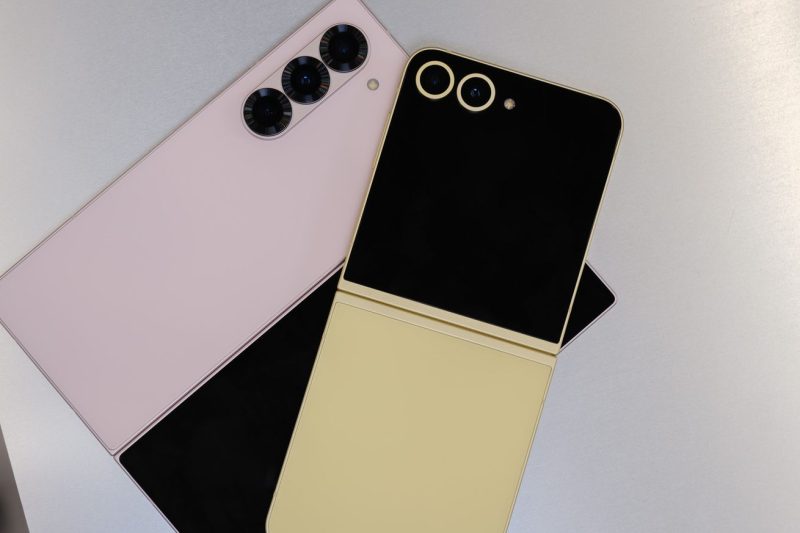
New Galaxy Z Flip 6 and Z Fold 6 phones to debut without Samsung Messages in the US
In a recent announcement by Samsung, it was revealed that the upcoming Galaxy Z Flip 6 and Z Fold 6 phones will not come with Samsung Messages pre-installed for users in the United States. This decision marks a significant departure from the company’s usual practice and has sparked discussions among tech enthusiasts and industry experts.
While Samsung is known for bundling its own messaging app on its devices, this move seems to suggest a shift in strategy or perhaps a recognition of the changing landscape of messaging services. With a plethora of messaging apps available in the market, including popular options like WhatsApp, Messenger, and Signal, users today have a wide range of choices when it comes to communication platforms.
By not including Samsung Messages by default on the Galaxy Z Flip 6 and Z Fold 6 phones, Samsung is giving users the freedom to select the messaging app that best suits their needs and preferences. This move could be seen as a way for Samsung to adapt to the evolving preferences of consumers who increasingly value choice and customization in their smartphone experience.
It is also worth noting that Samsung has been enhancing its partnership with Google in recent years, particularly in the realm of software integration. By forgoing its messaging app in favor of more universal options, Samsung may be aligning itself more closely with Google’s ecosystem and emphasizing interoperability with a wider range of Android devices.
On the other hand, some users may lament the absence of Samsung Messages, which has been a staple feature of Samsung smartphones for years. The app offered unique functionalities and integration with other Samsung services, creating a cohesive ecosystem for users. Those who are accustomed to using Samsung Messages may find the transition to a different messaging app a bit challenging initially.
Overall, the decision to not include Samsung Messages on the Galaxy Z Flip 6 and Z Fold 6 phones reflects the changing dynamics of the smartphone market and the increasing focus on user choice and flexibility. It will be interesting to see how users respond to this change and whether it will have any impact on Samsung’s market position in the competitive smartphone landscape.
